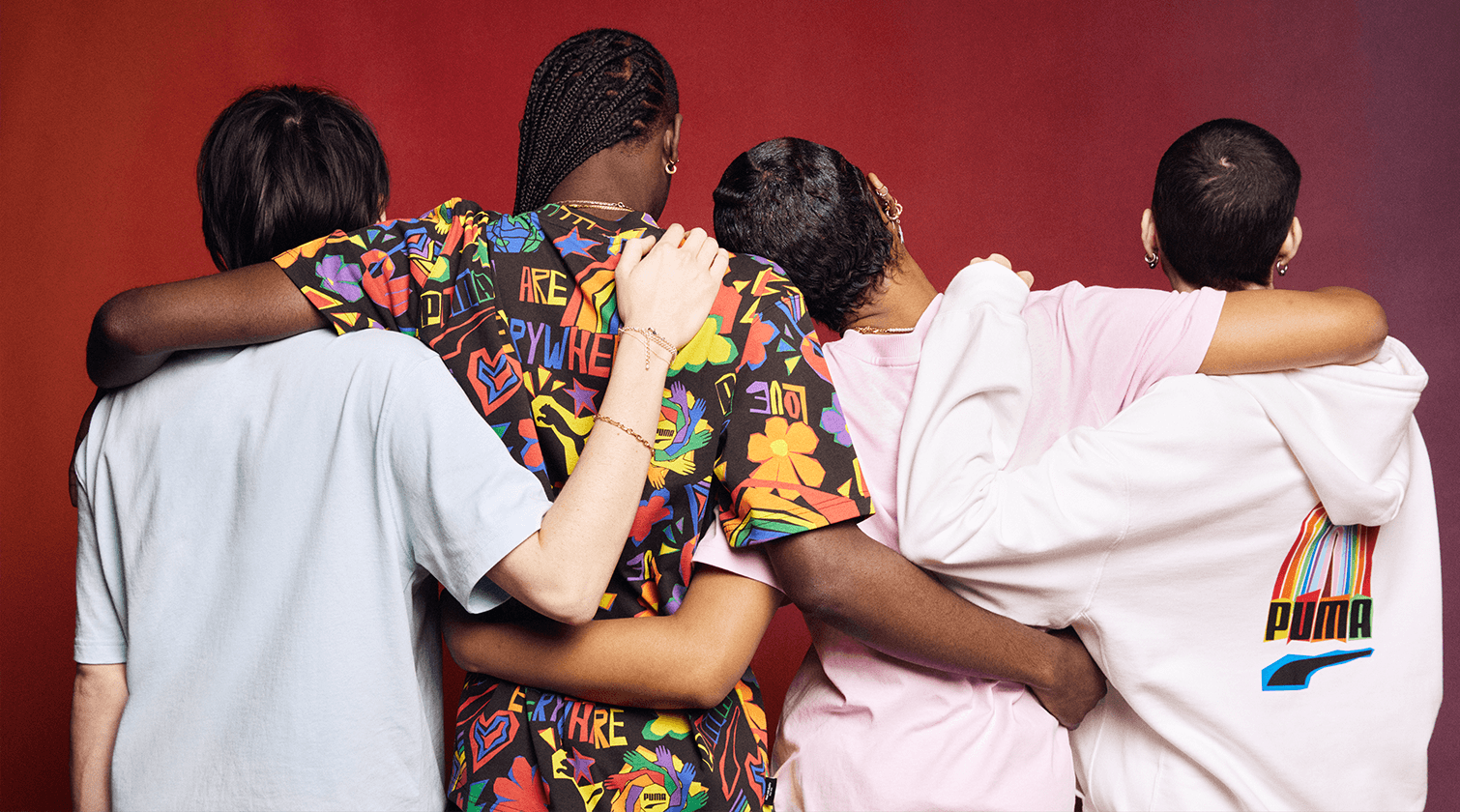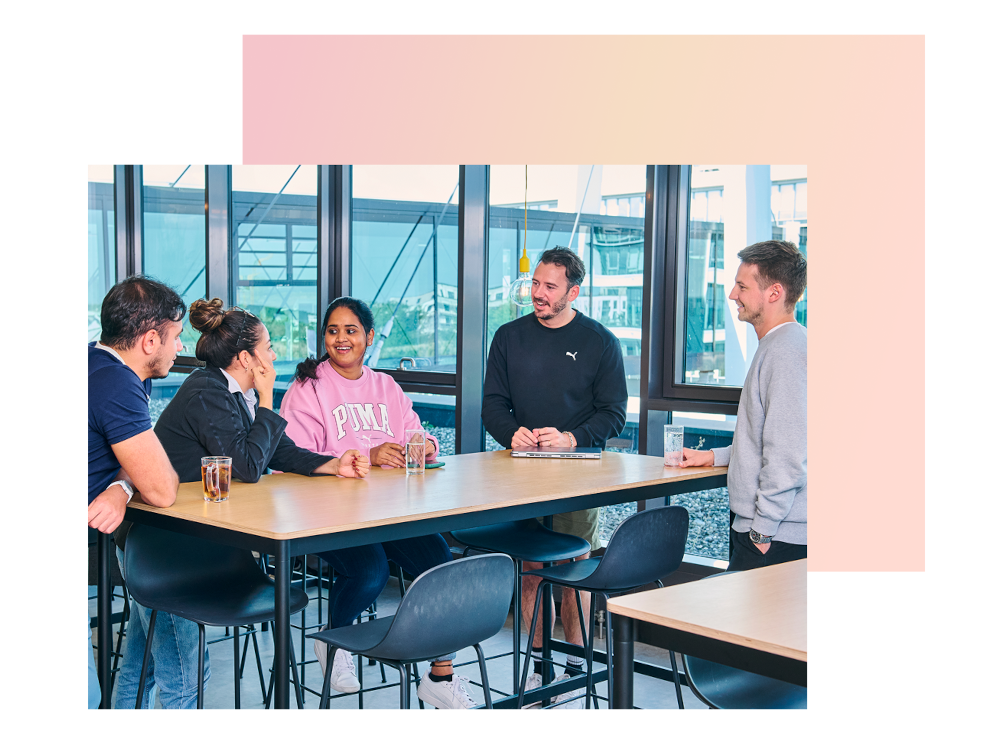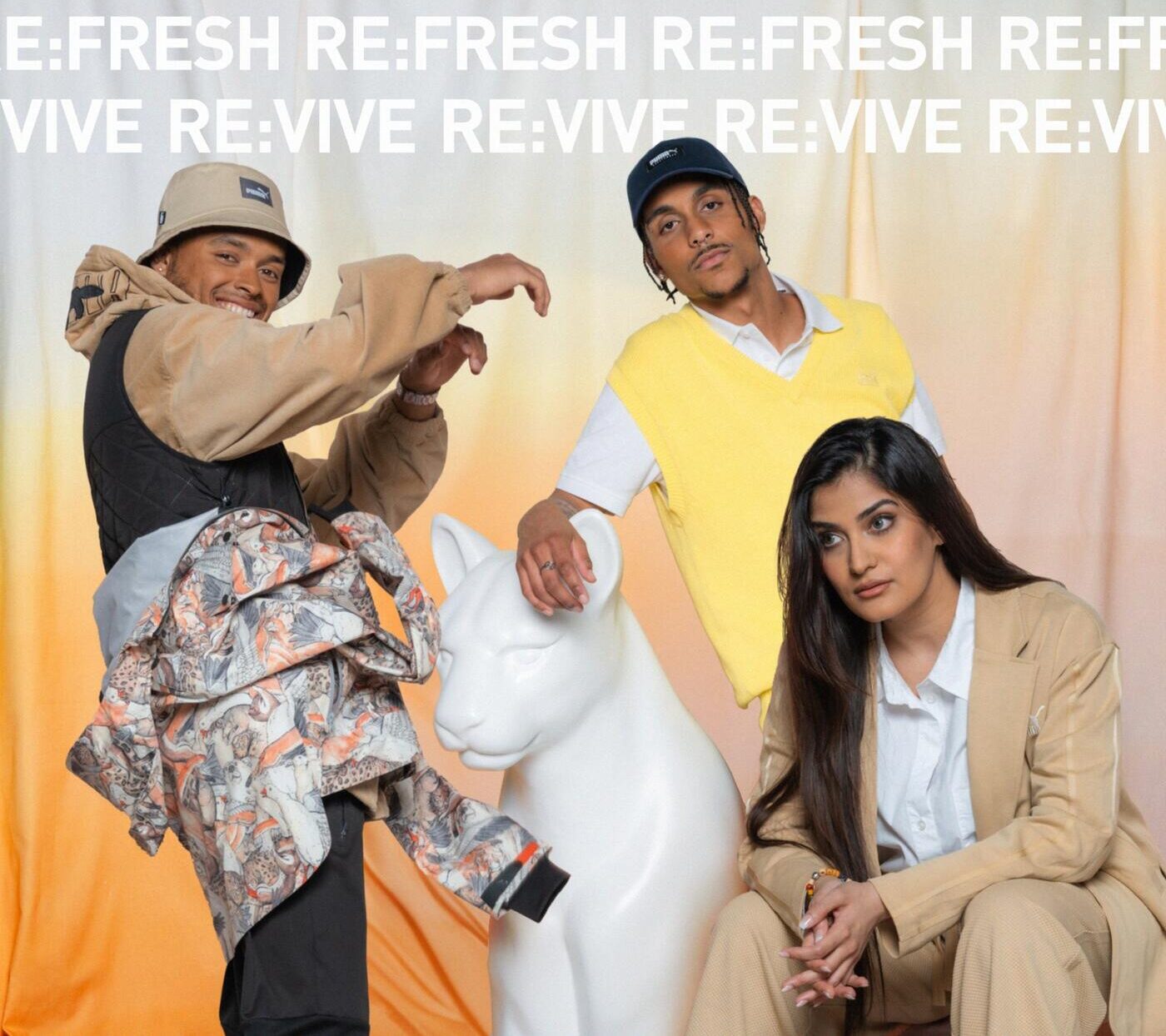
Allyship is one of those words you hear more and more … and that’s a really good thing. It means we’re starting to think differently about what belonging and care look like, at home, in school, and at work.
But, with increased visibility comes a common misconception that allyship is a one-time gesture. A hashtag or a rainbow sticker. A LinkedIn post during Pride Month. In reality, allyship is more like a practice. At its core, it is about choosing to show up. Not just when it’s convenient or comfortable, but with consistency. And when allyship becomes part of a workplace’s everyday rhythm, everyone benefits.
But, with increased visibility comes a common misconception that allyship is a one-time gesture. A hashtag or a rainbow sticker. A LinkedIn post during Pride Month. In reality, allyship is more like a practice. At its core, it is about choosing to show up. Not just when it’s convenient or comfortable, but with consistency. And when allyship becomes part of a workplace’s everyday rhythm, everyone benefits.
Why Allyship Is a Collective Win
For LGBTQ+ colleagues, having visible, reliable allies at work can make a world of difference. It supports mental health, encourages authenticity, and fosters a sense of safety that allows people to bring their full selves into the room. That kind of safety isn’t just a “nice to have”… it’s a non-negotiable.Psychological safety, the feeling that it’s okay to speak up, take risks, and be seen, is a key predictor of strong team performance. People who feel safe are more likely to share ideas, collaborate openly, stay engaged, and participate creatively. And allyship has ripple effects. Research shows that inclusive workplaces see higher retention, stronger trust, and more innovation. Teams don’t just perform better – they become better places to belong.
It’s the Small Things
Some people hesitate to identify as allies because they’re worried about doing it “wrong.” But in truth, allyship is built on effort, not perfection.It’s the colleague who normalizes sharing pronouns in meetings.
It’s the manager who notices who’s not speaking up and makes space.
It’s the teammate who says, “Hey, that comment wasn’t okay,” even when it feels awkward.
These acts may feel small, but they’re powerful. Allyship lives in our everyday behaviour: catching ourselves when we make assumptions, respecting people’s identities, and checking in when someone seems off. It’s also about recognizing when we have privilege and using it to create space for others.
These actions might not make headlines, but they shape culture. They create an environment where people can breathe a little easier, knowing they’re not alone.
Allyship Training Is Care in Action
One of the most powerful and often underrated ways to step into allyship is through training. Allyship training is about more than terminology or policy. It’s a proactive way to strengthen our empathy muscles. It helps deepen awareness of the challenges LGBTQ+ colleagues might face, from microaggressions to the weight of being “the only one” in the room.And it’s not just for allies. These sessions can be restorative for LGBTQ+ folks, too, especially when they see others genuinely investing in understanding and care. Training sends a message: “Your experience matters, and we’re in this together.”
Be Part of the Change
If you’re wondering where to begin, you’re not alone. In a world where language and norms are constantly evolving, allyship may feel a little daunting. But it doesn’t require reinventing who you are. It starts with showing up, listening, and learning.This month, or anytime, you might:
Commit to learning about intersectionality—how race, gender, disability, and other identities overlap with queerness.
Although it might not feel like much in the moment, over time, these small choices add up.
When We Show Up, We All Grow
Allyship isn’t a badge. It’s a practice. One rooted in care, responsibility, and the belief that everyone deserves to feel safe and valued at work. When we choose to show up for each other, we create something stronger than policy or process. We create a sense of community. And that makes all of us better, as colleagues, leaders, and humans.In collaboration
Kristine Mitchell is a freelance journalist whose work explores global culture, creative expression and patterns she observes in the world around her.
Pride Month
Catch up now speaks more languages
To enable as many users as possible to connect with us and be part of our world, we offer CATch up in English, German, French, and Spanish. Please note that these translations are automated and may contain errors.












